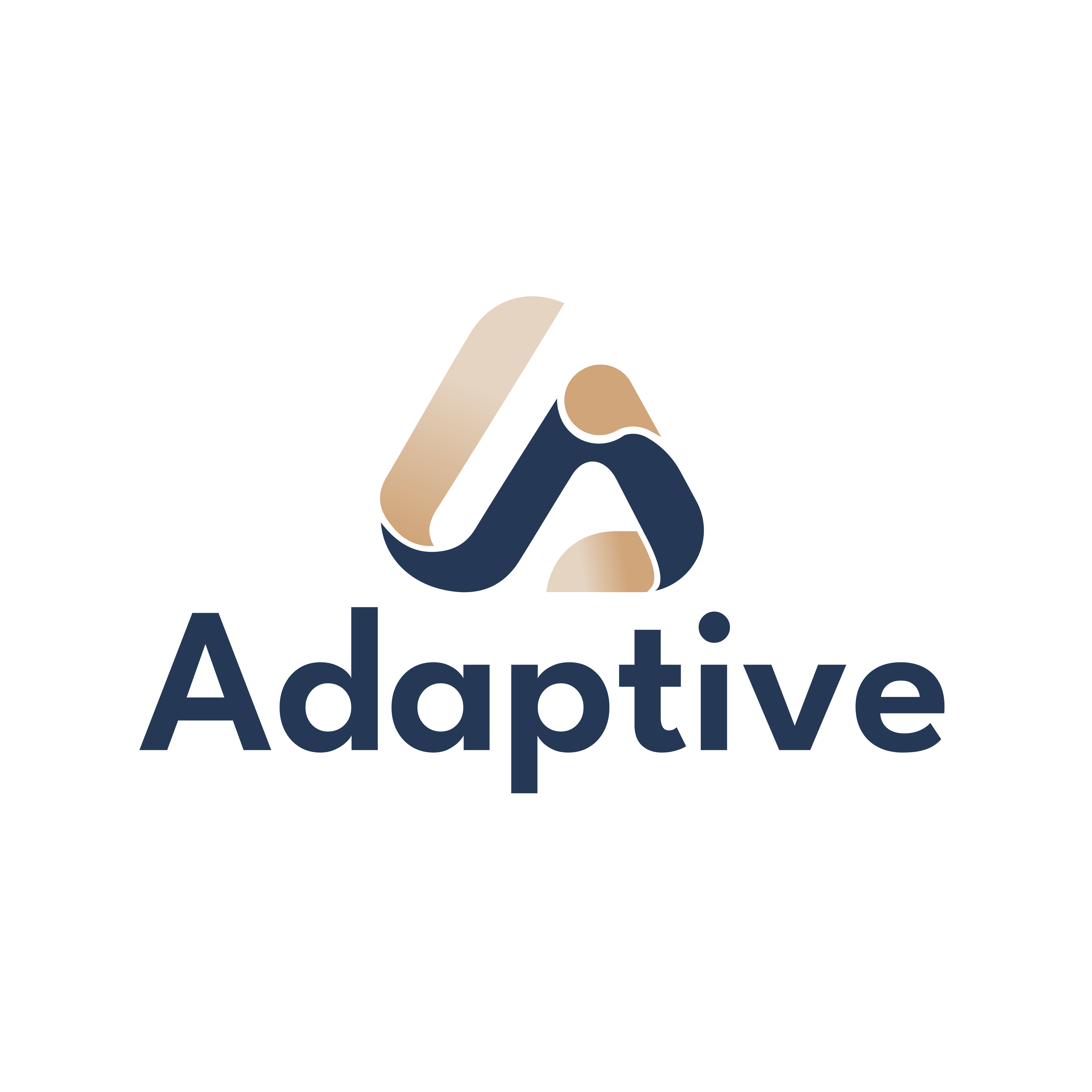Get Your Adaptive API Key
Sign up here to create an account and generate your API key.Quick Setup
Installation
Basic Integration
Key Benefits
- Intelligent routing - Automatic model selection for each agent interaction
- Cost optimization - 30-70% cost reduction across agent executions
- Tool support - Adaptive selects function-calling capable models automatically
- Multi-agent collaboration - Optimized routing for each agent’s specific needs
















